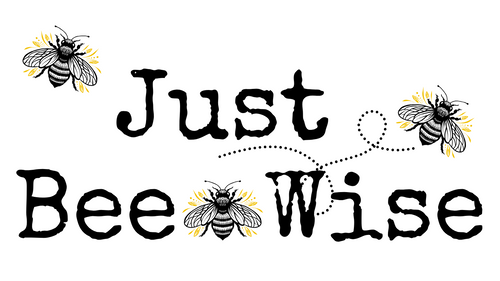As a natural sweetener rich in minerals, enzymes, and antioxidants, honey has long been hailed as nature's liquid gold.
What if the honey in your pantry isn't as pure as you believe?
Are you surprised to hear that honey is the third most fraudulent food in the world, only surpassed by milk and olive oil?
This indicates that a large portion of the honey found in supermarkets is actually a concoction of syrups, additives, and even unidentified substances rather than raw, unfiltered honey. You can be eating something that doesn't have the natural health advantages of pure honey if you're not vigilant. How do you ensure that?
The Truth about Fake Honey
Food theft in the honey industry is a significant global problem. Many brands dilute their honey with corn syrup, rice syrup, and other sweets, significantly lowering its nutritional value. Some "honey" products have been revealed to contain nothing but chemically flavored sugar water.
The primary motivation for honey scams is profit. Pure, raw honey is expensive to produce, so some manufacturers alter it to boost their earnings.
What is the result? A highly processed chemical product that misleads people into believing they are receiving real honey when they are not.
How Fake Honey Ends Up on Store Shelves
Faked honey is typically carried out by using one or more of the following methods:
- Commercial honey products often contain high-fructose corn syrup or rice syrup, which are less expensive than pure honey. This allows producers to sell large quantities of "honey" at a lesser price.
- Ultrafiltration: Some companies extract pollen, enzymes, and nutrients from honey, which are necessary for its health advantages. Filtering the honey removes the health benefits and makes the honey look more transparent.
- Chemical additives: Some honey manufacturers use chemical sweeteners, stabilizers, and even antibiotics to improve the flavor and increase the shelf life of the honey. However, these chemicals not only reduce the purity of the honey but can also pose health hazards.
- Mislabeling: Some brands falsely label their products as "raw" or "unfiltered" honey when they've actually been heated, processed, or blended with other substances.
Why You Should Choose Raw, Unfiltered Honey
Now that you know how common fake honey is, let's talk about why you should always choose raw, unfiltered honey over its processed counterpart.
1. Packed with Nutrients
Raw honey contains essential enzymes, antioxidants, and vitamins that can support digestion, boost immunity, and reduce inflammation. Processed honey loses many of these benefits due to high heat and filtration.
2. No Fillers or Chemicals
Buying pure honey gives you 100% natural goodness with no fillers or chemicals. This means no artificial sweeteners, corn syrup, or unwanted additives—just what the bees created.
3. Supports Digestive Health
Raw honey is a natural prebiotic that feeds the good bacteria in your gut. Many people use it to soothe sore throats, aid digestion, and even relieve seasonal allergies (thanks to its pollen content).
4. Increased antioxidant content.
Antioxidants protect the body from inflammation and stress. Unfiltered honey preserves its natural polyphenols and flavonoids, which can help to improve general health.
5. Supports ethical beekeeping.
Purchasing real honey from local or ethical sources helps to promote sustainable beekeeping methods. Many mass-produced honey brands contribute to the loss of the honeybee population by employing unethical collecting techniques that stress or injure the bees.
How to Find Real, Pure Honey
With all the fraud in the industry, how can you be sure you're getting raw, unfiltered honey with no fillers or chemicals?
- Buy from Local Beekeepers: Visit farmer's markets or search for local honey producers.
- Avoid ultra-processed honey: If the honey appears overly clear and smooth, it has most certainly been filtered and treated.
- Choose Darker Honey: Darker honey has more antioxidants and minerals than lighter types.
The Bottom Line
If you buy honey from a supermarket, there's a good chance it's not pure honey. The fact that honey is the third most faked food should be a wake-up call for all consumers who value natural, healthy products.
Always check the label and buy from trusted sources to ensure you get raw, unfiltered honey with no fillers or chemicals. Not only will you get the best taste and nutritional benefits, but you'll also be supporting ethical beekeeping and ensuring that your honey is exactly what it should be—authentic, pure, and straight from the hive.
